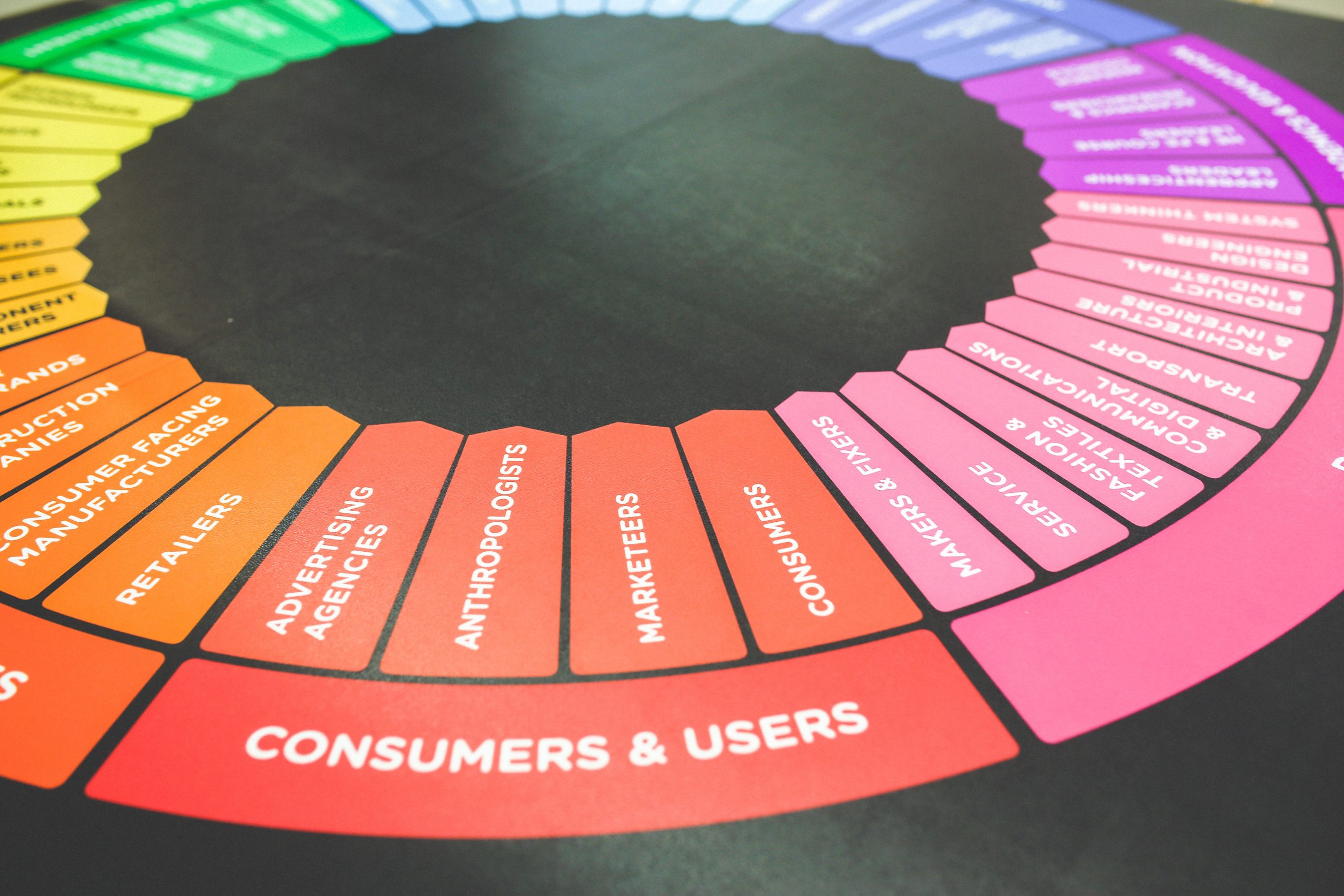In today’s digital age, where every click, swipe, and interaction leaves a trace, the business landscape has undergone a significant transformation. Traditional marketing strategies have evolved to become more sophisticated and targeted, thanks to the advent of data-driven marketing.
The phrase “data drives all we do” has become a mantra for modern marketers, highlighting the paramount importance of data and data analysis in shaping successful marketing activities.
The data revolution
Gone are the days of relying solely on gut feelings and intuition to drive marketing decisions. The rise of digital platforms and the proliferation of smart devices have led to an explosion of data. From social media interactions to website visits, from email opens to purchase histories, every interaction generates valuable data points that offer unprecedented insights into consumer behavior and preferences.
The ability to gather, process, and analyze this data provides marketers with a treasure trove of information. This information, when translated into actionable insights, can guide marketing campaigns with laser precision, ensuring that the right message reaches the right audience at the right time.
Personalization and customer-centricity
One of the most significant advantages of data-driven marketing is its capacity to enable personalized experiences. Consumers today expect relevant and tailored interactions with brands. Through data analysis, marketers can segment their audience based on demographics, behaviors, and preferences. This segmentation allows for the creation of targeted content that resonates with individual consumers, fostering a deeper sense of connection and engagement.
For instance, a retail brand can analyze a customer’s purchase history to recommend products that align with their interests. Similarly, an e-commerce platform can send personalized emails featuring items that a customer has previously expressed interest in, increasing the likelihood of conversion. Such personalized approaches not only enhance customer satisfaction but also drive higher conversion rates and customer loyalty.
Using data analysis to optimize campaign effectiveness
The days of just launching marketing campaigns and hoping for the best have gone. Data-driven marketing empowers marketers to measure, analyze, and optimize campaigns in real time. Metrics like click-through rates, conversion rates, and bounce rates provide immediate feedback on a campaign’s performance. If a particular campaign element isn’t delivering the desired results, data analysis allows marketers to quickly identify the issue and make necessary adjustments.
A/B testing is a prime example of how data analysis can optimize campaign effectiveness. By creating two versions of a marketing element (such as an email subject line or a call-to-action button) and comparing their performance, marketers can determine which version resonates better with the audience. This iterative approach ensures that marketing efforts are continually refined for maximum impact.
Anticipating trends and staying ahead
In the dynamic world of marketing, staying ahead of trends is crucial. Data analysis allows marketers to identify emerging patterns and trends in consumer behavior. By examining data from various sources, such as social media conversations and online searches, marketers can gain insights into what consumers are discussing, what they’re interested in, and even what they might be looking for in the future.
This foresight enables marketers to proactively adapt their strategies to align with evolving consumer preferences. It also facilitates the creation of timely and relevant content that taps into current conversations and trends, ensuring that the brand remains both visible and relevant in the eyes of the audience.
Building long-term relationships
Successful marketing is not just about one-off transactions; it’s about building long-term relationships with customers. Data-driven marketing provides the tools to understand customer journeys and interactions throughout the entire lifecycle. Through analyzing data related to customer touchpoints, pain points, and moments of delight, marketers can create strategies that nurture customer relationships at every stage.
For instance, if a customer raises a concern on social media, data analysis can ensure a swift response and resolution. On the other hand, if a customer celebrates a milestone, personalized offers or messages can enhance the sense of loyalty. These actions build trust and reinforce the brand’s commitment to its customers, fostering brand advocacy and repeat business.
Summary
In the modern marketing landscape, the phrase “data drives all we do” encapsulates the essential role of data and data analysis in shaping effective marketing activities. From personalization and campaign optimization to trend anticipation and relationship building, data-driven marketing empowers businesses to connect with their audience in meaningful ways.
As technology continues to evolve and data becomes even more abundant, marketers who harness the power of data analysis will continue to lead the way in crafting successful, impactful, and customer-centric marketing strategies.
Read more Dawid Wiktor’s writings on his Exec Profile or discover more content in our Stories.

